biting policy
Our Program recognizes that biting is, unfortunately, not unexpected when toddlers are in group care. We are always upset when children are bitten in our program, and we recognize how upsetting it is for parents. While we feel that biting is never the right thing for toddlers to do, we know that they bite for a variety of reasons. Most of these reasons are not related to behavior problems.
Our Program, then does not focus on punishment for the biting, but on effective techniques that address the specific reasons for the biting. When biting occurs, we have three main responses:
- Care for and help the child who was bitten.
- Help the child who bit learn other behavior.
- Work with the child & parents who bit and examine our program to stop biting.
Our teachers express strong disapproval of biting. They work to keep children safe and to help the child who bit learn different, more appropriate behavior. When there are episodes of ongoing biting, we develop a plan of specific strategies, techniques, and timelines to address it. We do not and will not use any response that harms a child or is know to be ineffective.
We give immediate attention and, if necessary, first aid to children who are bitten. We offer to put ice on the bite if the child is willing. If the skin is broken, we clean the wound with soap and water. If children are bitten on the top of the hands and the skin is broken, we recommend that they be seen by their health care provide.
When children bite, their parents are informed personally and privately the same day. When children are bitten, their parents are informed personally that day and given a copy of our incident report form. When we experience ongoing biting in a toddler room, we develop a plan of action with strategies, techniques, and timelines to work on the problem.
Biting is always documented on our standard incident report form. It is completed and signed by the teacher and administrator. It must also be signed by the parent. One copy is given to the parents, and the other copy is kept in the child’s folder in the Office. We keep the name of the child who bit confidential. This is to avoid labeling and to give our teachers the opportunity to use their time and energy to work on stopping the biting.
Training sessions and workshops on biting are given during the year as needed for parents and teachers. In addition, we have current resources on biting available to the parents and teachers. We encourage parents to bring their concerns and frustrations directly to the teachers. The administration is kept informed of the problems and will work with the parents and teachers to help bring the biting under control. Communication is very important in order to help children learn not to bite!
Let's consider the implications of these questions:
What would you do if the child that was biting is yours?
Should children be "kicked out" of the program if they bite too many times?
Would you want your child to be kicked out or would you like for us to work with you and your child to help them learn what is appropriate behavior? If a child is kicked out-who will take the time to teach them how to interact appropriately with their peers?
A program that kicks a child out for biting is indicating that it either doesn’t know enough to work on the problem or is unwilling to work on the problem-or both. When we do the hard work of acquiring knowledge, developing skills, and deciding our motivation will be to provide the best for children, our program becomes stronger and more appropriate for children and families. When we excuse ourselves fromdoing this, our program becomes weaker.
When we approach parents about the fact that their child is biting, we ask them to work with us to help their child learn to stop biting. If parents are unwilling to work with us or don’t take the problem seriously, only then would we suggest that they may have to find another Center. If the parents of the biter and the parents of the victim are willing to go the distance, we can work hard to correct the behavior.
- Adapted from "No Biting" by Gretchen Kinnell
